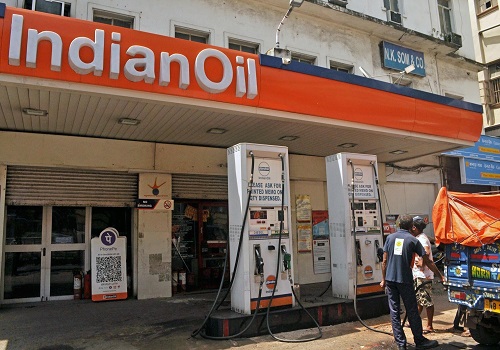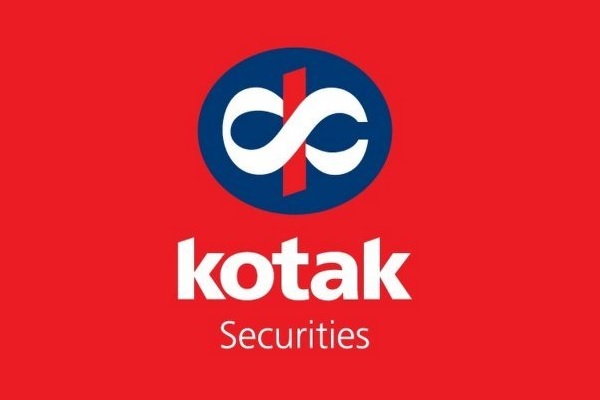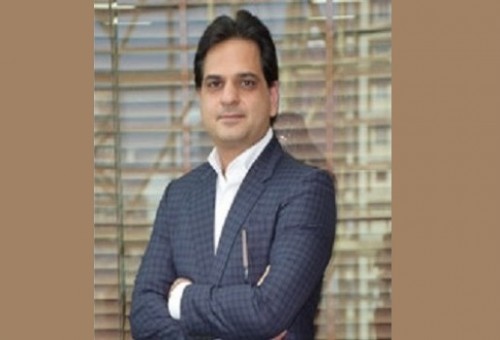Balanced & hybrid schemes are suitable for risk-averse investors: Vinod Nair, Head of Research, Geojit Financial Services

Vinod Nair, Head of Research at Geojit Financial Services said Balanced and hybrid schemes are suitable for risk-averse investors to reduce the beta (risk) & volatility of the portfolio. An investor can choose between conservative to aggressive schemes based on the risk appetite.
Here are the excerpts from the interview:
Q: What are your views on the companies, banks making a beeline to raise funds through bonds?
A: Credit growth is expected to accelerate post the drab pre & post Covid period. The domestic economy is resilient and forecasted to be healthy despite the recession anticipated in the world economy. Banks are considering raising funds in anticipation of growth and erosion of capital after the legacy issue led by post demonetization and core sector clampdown, resulting in high NPAs. Today, the equity market is volatile, led by global headwinds, while the debt market is robust due to lucrative yields. The ease in regulatory restrictions on bonds & high demand from foreign investors are helping fund raising.
Q: In the current scenario which equity or debt mutual fund scheme is best for investors?
A: Balanced & hybrid schemes are suitable for risk-averse investors to reduce the beta (risk) and volatility of the portfolio. An investor can choose between conservative to aggressive schemes based on the risk appetite. In the case of debt, schemes of medium-term duration are a good option as the interest rate cycle is expected to rise in the short to medium term. In pure equity, schemes with a focus on the domestic economy, consumption, and finance are attractive in terms of stability and valuation.
Q: Which sector is expected to do better in the long-run which investors can loom for?
A: Sectors in swing with the progress of the domestic economy should be able to do well compared to the rest of the other industries. Capital goods (electrical), green energy, EVs, sugar, textiles, and chemicals, electronic manufacturing, are expected to outpace rapidly. Opportunities are also emerging in sectors like IT & Pharma due to moderation in valuation, though volatility can presume in the short-term due to the recession in the world economy.
Q: Both Sensex and Nifty have recouped losses, considering this, where do you see levels on these indices in the coming months?
A: It is a difficult task to forecast the target of the stock market in the short-term. However, considering the quantitative factors determining the trend of the ongoing performance, This bounce can continue in the short-term given the rise in FIIs & domestic inflows, especially for small caps. Chart & F&O data suggest a cap of 18,000 on the upside & 17,000 on the short side for Nifty50 in the near-term. On a fundamental basis, we have a base target of 18,000 for Nifty50 with a peak of 20,600 on a one-year forward basis.
Q How do you pick-up stocks for investment? Will you give this mantra to our readers?
A: Stock picking is a strategy that has to be consistently nurtured in tandem with the traction of the economy & market. You can also do this passively by identifying the stock and invest and grow in the company's life span. A key point we need to understand is the business model of the company, i.e., is the operational quality of the company compared to the industry. The USP of the company compared to the rest of the industry. It could be the leadership of the company's products, services, or R&D. Such stocks usually outperform in the industry, and they handsomely outperform the total market if the industry has an optimistic outlook.

















